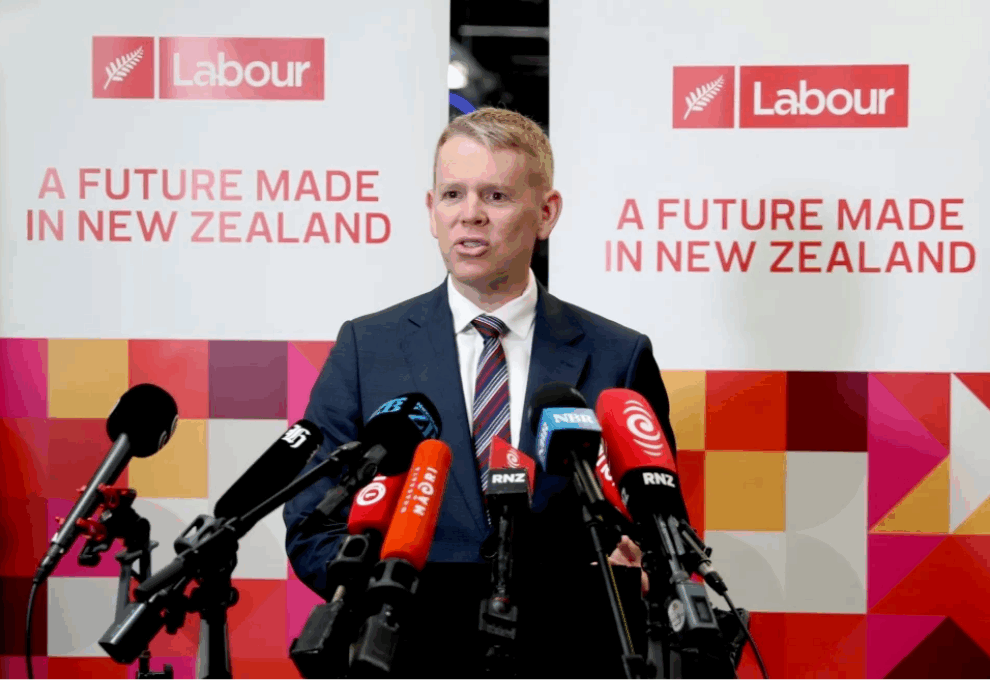When politicians talk about “building a future,” investors would be wise to read less into the glossy brochures and more into the footnotes. Labour’s recently unveiled Future Fund proposal is pitched as nothing less than a structural reset: a Crown-owned, independently governed vehicle that invests in infrastructure and innovation to keep wealth onshore and back New Zealanders’ ideas. Lofty goals; sketchy on the details.*
What is the Future Fund?
The policy establishes a new investment fund alongside, but distinct from, the NZ Super Fund. It will be seeded with Crown assets of both commercial and “public good” value, governed by the Guardians of the Super Fund, and armed with the ability to invest and borrow. Its guiding principle is to “build lasting wealth and opportunity here at home.” Social and financial returns are weighed together: profit is a goal, but not the only one.
The brochure examples are broad: renewable energy, high-tech start-ups, skills and technology adoption, resilient infrastructure. What’s absent is any mention of housing. If anything, the document explicitly calls out “speculation in property” as misallocated capital, contrasting it with “productive investment.” hint hint nod nod
Vagueness Abounds
As with many policy announcements at this stage of the election cycle, this document is heavy on aspiration and light on receipts. Lofty goals are clearly stated, but there is little explanation of how they will be reached. No initial capitalisation figures, no seeded asset list, no deployment schedule. Investors are asked to buy into the architecture without seeing the balance sheet. Without clarity on scale and delivery, the Fund risks being another slogan rather than a lever of change. Buzzword Bingo much?
The dual mandate, financial and social, adds another layer of uncertainty. How will success be measured, and what happens when financial returns clash with social outcomes? If “purpose” trumps profit, will private capital be crowded out instead of catalysed? And what guardrails will truly insulate the Guardians from political cycles if ministers retain the ability to set broad objectives?
Finally, the borrowing authority raises significant fiscal questions. A Crown fund with leverage will not be ignored by markets or rating agencies. However it is ringfenced in the accounts, higher public borrowing risks flowing directly into mortgage rates and credit conditions. It is incumbent on us, as investors and citizens, to ask these questions before casting our votes.
(Potential) Upsides for Investors
Opportunities for property investors exist if the Fund translates vision into real projects. Infrastructure spend can reshape where demand grows. Grid upgrades, transport links, and regional investment create new nodes of economic activity, lifting household formation and, with it, rental demand. For landlords, that means occupancy security and, potentially, higher rents in catchments blessed by Future Fund capital.
If the Fund embraces build-to-rent or housing-enabling infrastructure, the impact could be transformative. Investors willing to deliver long-term, professionally managed rental stock might find themselves aligned with government priorities for the first time in decades. The potential for co-investment, expedited consenting, or access to lower-cost finance cannot be ignored.
But the policy does not yet say that housing will be in scope. The silence is notable.
The policy signal
Language matters. Repeatedly, Labour contrasts “productive” investment with “speculation in property.” Investors should understand the language as exactly what it is: policy signal and inherent attitude. Political framing shapes future regulation. If the governing party consistently characterises property investment as speculative, the sector should expect continued scrutiny of tax settings, lending rules, and compliance requirements. This doesn’t mean property will be outlawed; it does mean investors will have to demonstrate their role as providers of resilient, well-managed housing stock rather than passive seekers of capital gain.
What investors should ask
For property investors, the critical questions are not ideological but practical:
- How large will the Fund be, and how quickly will capital be deployed?
- What assets will seed it, and what revenues will underpin its operations?
- Will housing and build-to-rent be recognised as legitimate vehicles for “productive” investment?
- How will borrowing be accounted for, and what will it mean for interest rates?
- How will the Fund prove it is mobilising new capital rather than crowding out private investment?
APIA is committed to resourcing its advocacy arm to get answers to these questions directly from Labour leadership, on behalf of investors who need clarity before making long-term decisions.
Working with the government of the day
For APIA members, the task ahead is not about taking sides but about ensuring that whichever government is in office, property investors’ interests are understood and represented. If the Fund becomes a vehicle that supports housing-enabling infrastructure and welcomes build-to-rent, property investors stand to benefit alongside communities. If it becomes a tool to reinforce the “speculator” caricature, the sector risks being locked out of opportunity and locked into heavier compliance.
The Future Fund is, at this stage, more concept than commitment. Investors should resist both panic and blind optimism. Instead, we should commit to sharpening our questions and supporting the advocacy needed to ensure housing, and the capital that underpins it, has a seat at the table.
The Future Fund might yet shape the economic landscape in which New Zealand landlords operate. But until detail is delivered, investors should treat it as what it currently is: a signal, not a certainty.
* Nothing unusual here. It is common at this phase of the election cycle for policy goals to be flashed about on neon signs and methods to be kept on the down low.
Election 2026 will be pivotal for property investors. With major policies at stake, we will champion investor interests, build relationships with decision makers, and fight for fairness. Strong advocacy needs a strong community; join us and make our voice louder. Join APIA today.












Add Comment